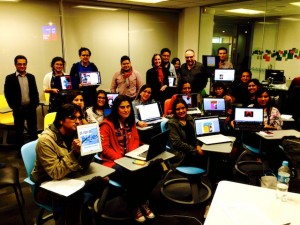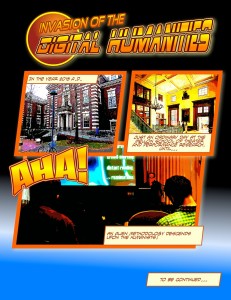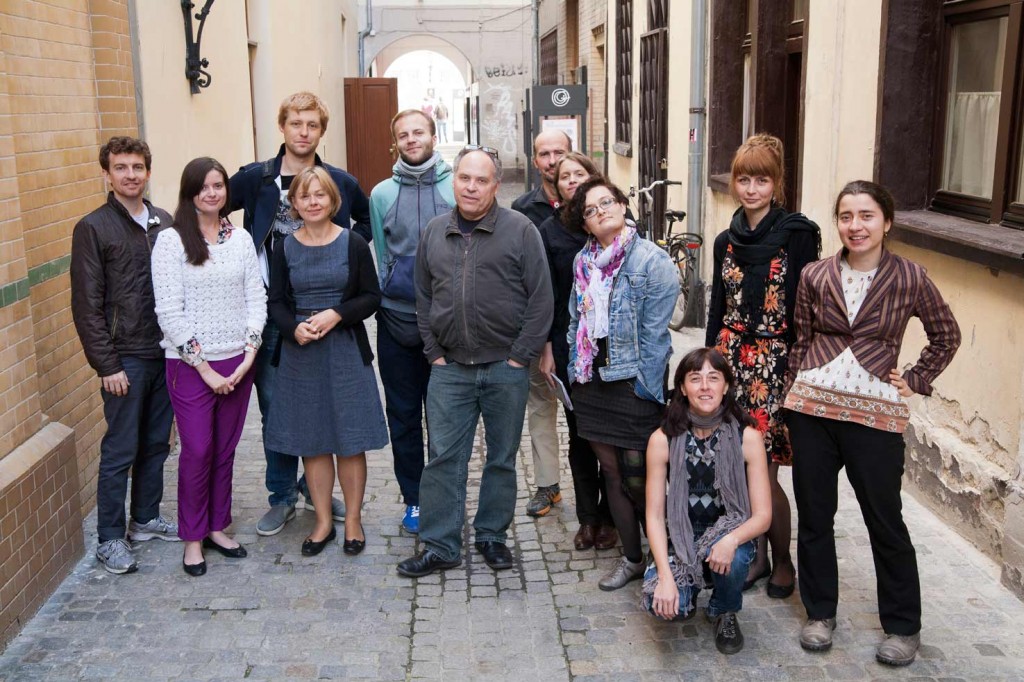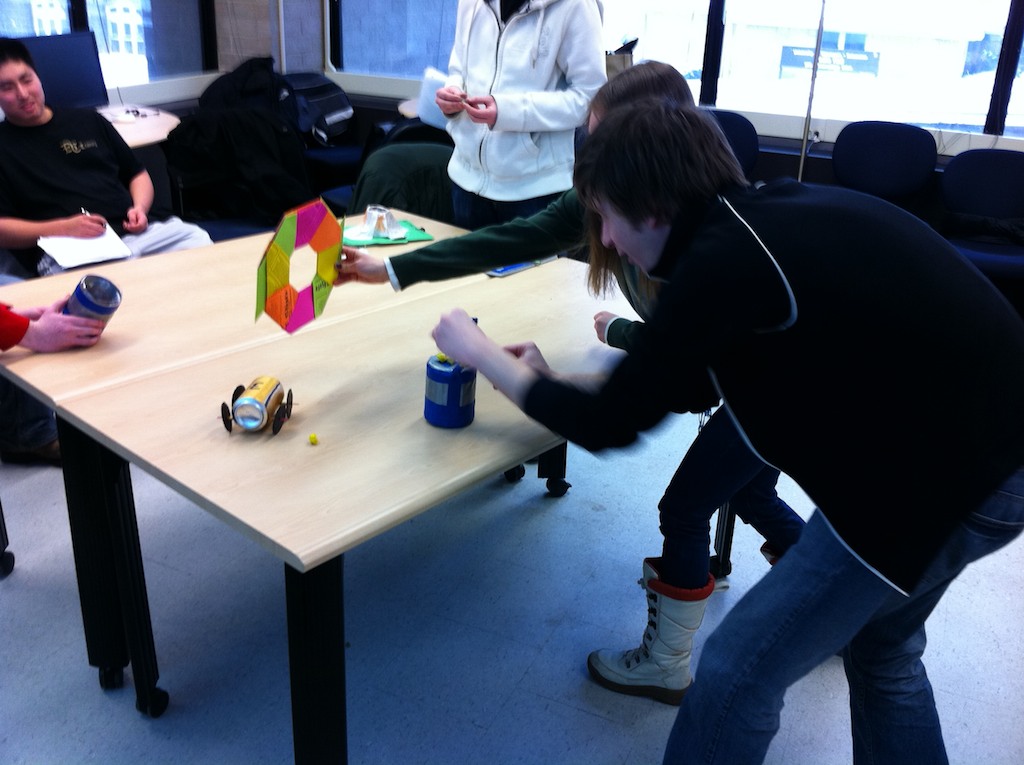
MEDIA & DESIGN WORKSHOPS
Building on techniques developed in my first StudioLab courses of the mid 1990s, current workshops combine design, media, and conceptual exercises.
Exercises draw on the fields of performance studies, human computer interaction, experience design, literary theory, and information architecture and design.
Participants sometimes make a toy, perform a bad interface, or transmediate research into one or two smart media genres, ranging from theory comix to virtual installations to multimedia events.
Knowledge Matters Fellowship: Communicating Research for Different Audiences through Transmedia. Faculty Development Workshop Series, Cornell University, 2017- 2018.
Faculty workshop leaders focus on ways that professional websites, presentations, comics, and other forms of transmedia knowledge can enhance faculty fellows’ research, concentrating on the use of storytelling, images, and performance techniques to enhance research and its communication. Sponsored by the Office of Faculty Development and Diversity, Office of Engagement Initiatives, Center for Teaching Innovation, and the Cornell University Library. More info here.
Thinking beyond the Paper: Exploring Digital Scholarship with Campus and Community Partners. Spendiff Institute, Siena College, August 2017.
Hosted by Siena College’s Council on Teaching and Learning, this presentation and workshop focused on the use of digital scholarship and pedagogy for research, teaching, and community engagement. Workshop participants explored ways that transmedia knowledge could help scholars use artifacts from a local Underground Railroad Museum to connect with community members, researchers, donors, and the general public.

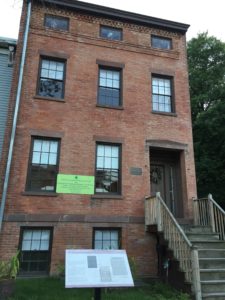
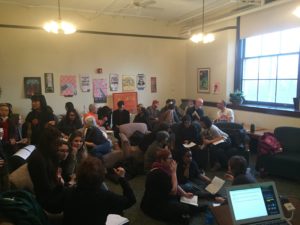 Resistance and Tactical Media Workshop. The People’s School Teach-In, Cornell University, January, 2017.
Resistance and Tactical Media Workshop. The People’s School Teach-In, Cornell University, January, 2017.